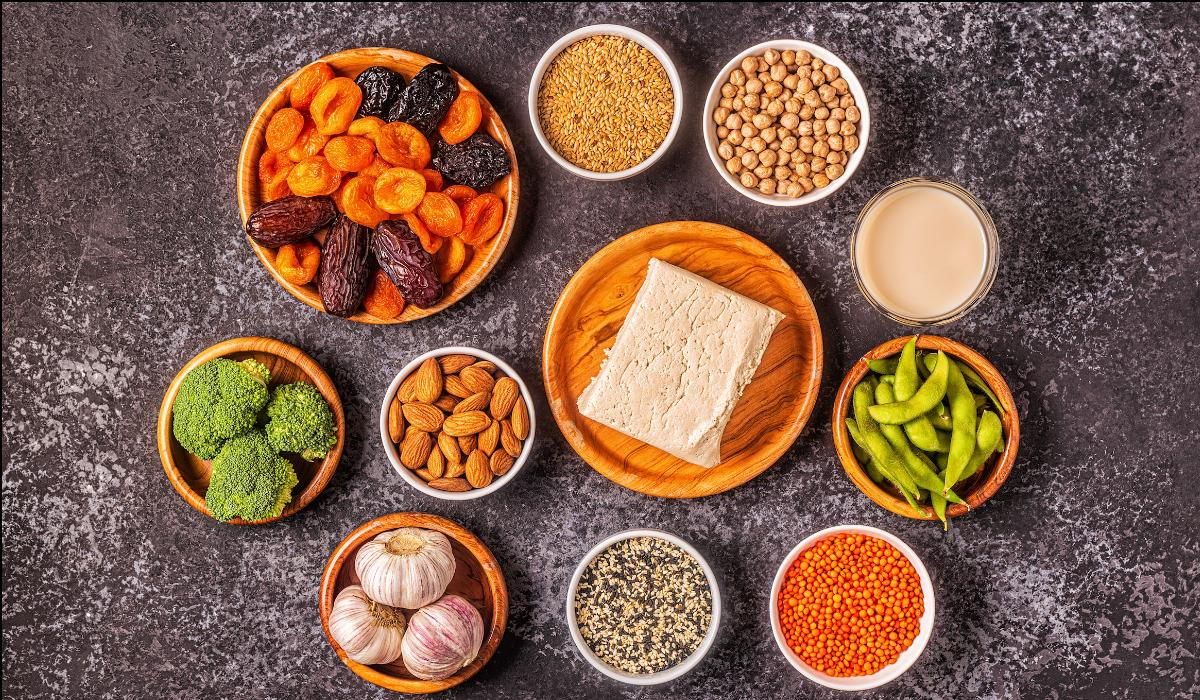
Managing Menopausal Joint Pain
It is common for women going through menopause to experience joint pain. Estrogen has an anti-inflammatory role, and as it decreases during menopause, joints are more prone to inflammation and pain as a result. Menopausal joint pain is often associated with arthritis, specifically osteoarthritis, so it is important to monitor your joint pain and take action to combat it. If you are experiencing joint pain in menopause, consider these simple lifestyle changes to increase your health and help relieve your pain.
Decrease Your Stress Levels
When you experience stress, your cortisol level elevates. Cortisol is often called the “stress hormone,” and for good reason. An increase in cortisol can cause inflammation in the body, worsening joint pain.
To lower your cortisol levels, try to identify and decrease stressors in your life. Better sleep, exercise, and meditation are just a few ways to minimize stress and improve your quality of life. Laughing out loud is also good for your stress levels!
Exercise and Maintain a Healthy Weight
In addition to reducing stress, exercise increases flexibility and helps you maintain bone strength. It has numerous benefits for your health and your mood.
It is common for women to gain weight during menopause. Exercise helps combat weight gain, reducing the impact on your weight-bearing joints like your hips and your knees. Low-impact exercises, such as walking, yoga, tai-chi, and swimming are less likely to exacerbate your joint pain. Start at a slow, easy pace, and build on it over time as your body adjusts. It’s worth it for the boost in endorphins alone!
Watch What You Eat
Eat plenty of foods packed with phytoestrogens, such as soy beans, whole grains, flax seed, and nuts. These foods can have an estrogen-like effect on the body, decreasing menopausal symptoms. Sugar and refined carbohydrates increase inflammation in the body, so try to reduce your intake or eliminate them from your diet altogether. Instead, enjoy lots of anti-inflammatory foods such as fish rich in omega-3 fatty acids (like salmon and trout), vegetables, and fruits. Foods high in calcium (including legumes, milk, and broccoli) are also important, promoting healthy bones.
Consider Supplements and Over-the-Counter Medications
There are many herbs and spices that help reduce inflammation. Consider taking turmeric supplements, or using tumeric and other herbs and spices such as cayenne and ginger in your cooking. Calcium supplements support bone strength and Vitamin D helps with the absorption of calcium. Salonpas® patches and sprays and other drugstore products can tackle joint pain, while other menopause-specific medications like EstroG-100 can reduce pain and other symptoms.
Looking for long-term relief from joint pain? The Spine & Joint Center can help. Our professional, non-invasive treatments like medical acupuncture and injection therapy can relieve pain and have a positive impact on your quality of life. Contact us to find out more.
